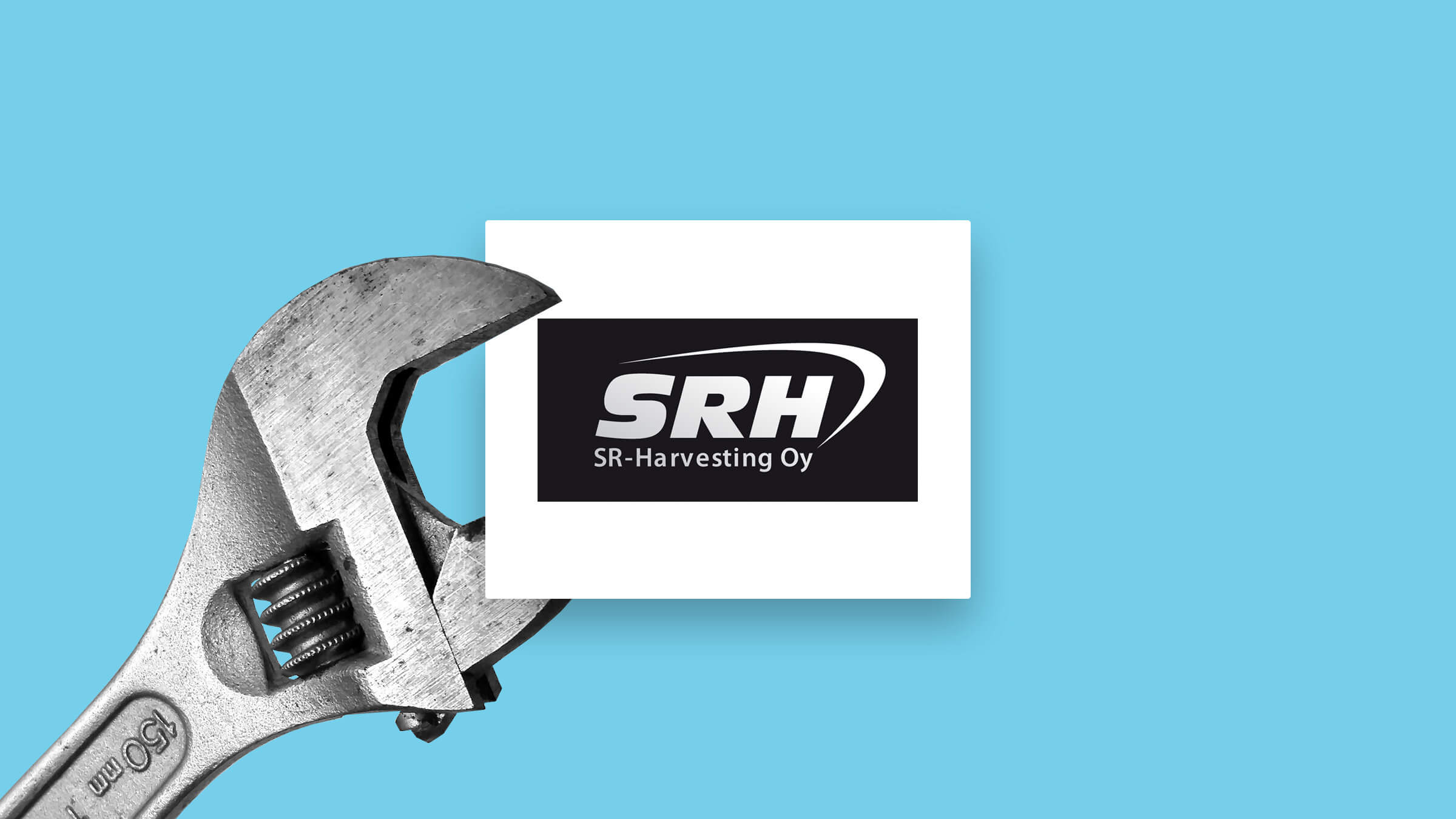Problem
A lot of natural resources are used in the manufacture of tractors and farm machinery. Not all of the components of a machine become useless if it breaks down or is written off in an accident, for example. However, functional or serviceable parts could end up in landfill or a incinerator prematurely. At the same time, the production of new components consumes natural resources and energy.
Solution: recycled parts for repairing tractors
SR-Harvesting buys unserviceable Valtra and Valmet tractors, disassembles them and saves the useful parts. These parts are cleaned, inspected and sold with their original spare part numbers. A warranty is issued for the products made available for sale. The parts that cannot be reused are sent for further recycling. This allows the useful life of the parts to be extended.
Revenue logic and benefits to SR-Harvesting
The business is based on the trade of recycled parts. SR-Harvesting aims to operate its business in a similar fashion as with new spare parts: the buyer locates the parts based on the part numbers, is able to order the product and it comes with a warranty. The company acquires the parts from unserviceable tractors, which can be acquired at low cost.
Benefits to customers and end users
Customers are able to acquire recycled parts at lower prices than new ones without having to compromise on quality or warranties. This also allows customers to support sustainable development through their buying decisions. The use of natural resources is reduced when spare parts are not brand new and produced using natural resources.

















Recommended
Have one more?